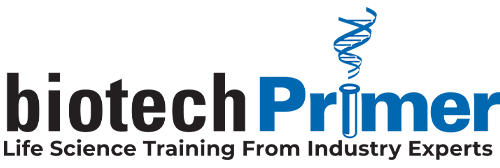BIO Professional Development
Through a curated network of education alliance partners, BIO offers industry professionals executive training and development resources for accelerating career growth
Laboratory Worker Biosafety Primer
Laboratory Worker Biosafety Primer introduces the biosafety guidelines that keep workers, the environment, and the public safe. It uses the World Health Organization (WHO) process and framework to explain how to identify and assess infectious agent risk, so this content is appropriate for science workspaces worldwide. This class focuses on the hierarchy of controls, including the elimination/substitution of dangerous protocols and equipment, engineering controls, administrative controls, and personal protective equipment (PPE). Proper laboratory design is also crucial in ensuring containment and control measures are in place, so a bonus section on facility design is included. The Laboratory Worker Biosafety Primer is a need-to-have course for all who work in a science space- register today and stay safe!

Takeaways
- Explain the WHO risk assessment frameworks and processes for identifying and assessing infectious agents.
- Discuss ways to lower exposure to infectious biological agents through engineering controls.
- State the administrative controls used in lab safety regulations and the role each plays.
- Identify the most common personal protective equipment (PPE) and explain the rationale for each.
- Provide examples of facility design elements that protect workers, the environment, and the public from accidental exposure or unintentional release of infectious biological agents and toxins.

Certificate Requirements
Complete the course quiz with a passing score of 75% or higher
